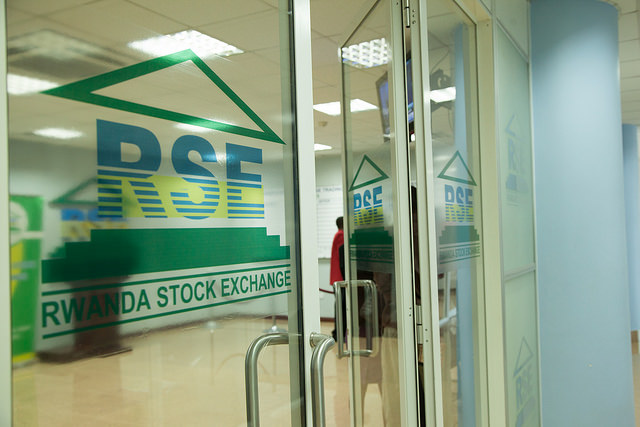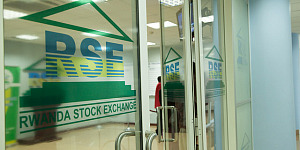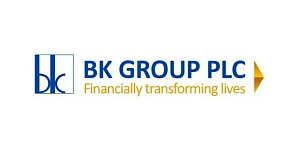The Rwanda Stock Exchange (RSE) is eyeing the implementation of a unified electronic settlement system for regional bourses to bolster trading on its cross-listed shares.
The market wants to boost trading on inactive cross-listed stocks on its platform. Trading of these stocks is low due to the tedious process of buying and selling them.
RSE chief executive Celestin Rwabukumba told The EastAfrican that the implementation of the regional capital markets infrastructure (CMI) project will ease the trading of cross-listed shares.
“We have already worked on our own automation and it is very simple. It is part of the CMI. Our system will be plugged into the CMI and be part and parcel of the infrastructure,” said Mr. Rwabukumba.
“We are able to trade with Tanzania or Uganda or the other countries if companies are cross-listed. We have done a soft launch to see if the system is working in live mode. So when the CMI is fully deployed we will also go live.”
The CMI project that is awaiting official launch by the EAC Secretariat links the trading platforms of Uganda, Tanzania and Rwanda enabling them to operate as a single market. Burundi still does not have a functional securities exchange while Kenya pulled out of the project due to concerns over the procurement of the software.
The system will allow investors to buy and sell shares of companies located in different EAC countries without necessarily moving from country to country. Four Kenyan firms are cross-listed on the Rwandan exchange including KCB, Nation Media Group, Equity Bank, and Uchumi Supermarkets.
A South African healthcare-focused investment firm RH Bophelo Ltd whose primary listing is on Johannesburg Stock Exchange (JSE) is also cross-listed on RSE.
While cross-listing shares improve a firm’s visibility and enlarges its investor base, low or no trading on their counters has left companies hesitant to issue shares in new markets.
Lack of activity in cross-listed firms’ shares has been blamed largely on the failure by the issuing companies themselves to increase their free float (shares available for trading) and the incompatibility of trading and settlement systems in the region
Other hindrances to trading of cross-listed stocks include a lack of investor awareness, exchange rate risks and differing trading regulations among the East African Community partner states.
Listed companies in East Africa have not been keen to cross-list on the regional markets, because of exchange rate risks and low volumes of trading in shares In 2016, Kenya’s investment firm Centum shelved plans to cross-list its shares on the RSE and the Dar es Salaam Stock Exchange, citing lack of liquidity in its cross-listed shares in Uganda.







































